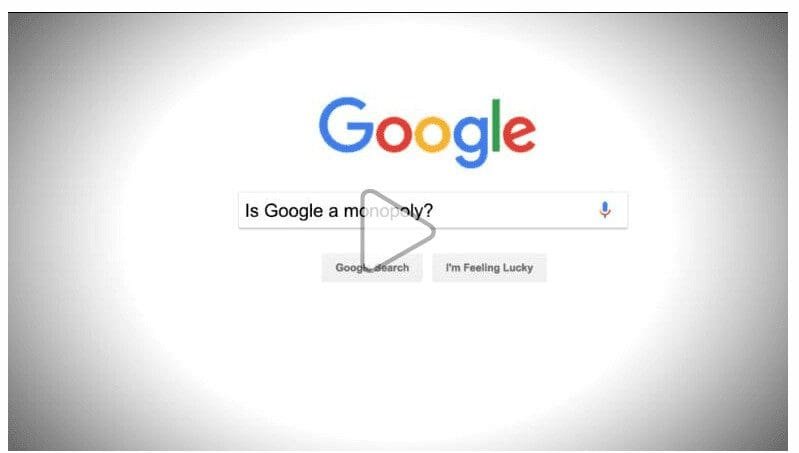
Google Just Announced a Major Search Algorithm Change That Users Will Probably Love, and Some Businesses May Absolutely Hate
If your business lives and dies by Google search engine results — if you at least in part make money based on Google search results — this news is for you.
Google just announced it is in the process of implementing a major change to its core search algorithm that could change results rankings for up to one in 10 queries.
Yep: one in 10.
Which might not sound like much–unless your inbound traffic, and resulting sales and revenue, dips by 10 percent.
The change is based on a simple premise. In the past, Google’s algorithm treated a search sentence as a “bag of words.” It picked out what it considered to be the important words–in “who is a great keynote speaker,” clearly “keynote” and “speaker” are more important than “is” and “a.”
But doing so eliminates context from a search sentence’s intent.
One example from Google’s announcement: Say you enter the search sentence “can you get medicine for someone pharmacy?”
The old algorithm picked out “medicine” and “pharmacy” and returned local results under the assumption you are looking for a nearby drugstore.
Google’s new algorithm notices “for someone” and determines you’re looking for information about whether you’re allowed to pick up someone else’s prescription for them.
Same search query. Very different results.
The new algorithm is based on something called BERT, or “bidirectional encoder representations from transformers.” (Yep: BERT is a lot better.) In the simplest terms I can come up with, BERT is a tool that helps optimize natural language processing by using A.I. and a massive data set to deliver better contextual results.
Or in even simpler terms, it better understands what you’re actually looking for when you enter a search query.
Another example Google shared: “Parking on a hill with no curb.” The old algorithm reached into the bag of words and discarded “no,” delivering a top result that referenced how to park on a hill with curbs. The new algorithm realizes “no” matters and delivers a top result showing how to park uphill or downhill with no curb.
And one more example: “2019 brazil traveler to usa need a visa.” In the past, Google ignored “to” and returned results on U.S. citizens traveling to Brazil. But “to” clearly matters, and BERT picks up the difference, returning results for Brazilian travelers to the U.S.
Keep in mind only some…

















